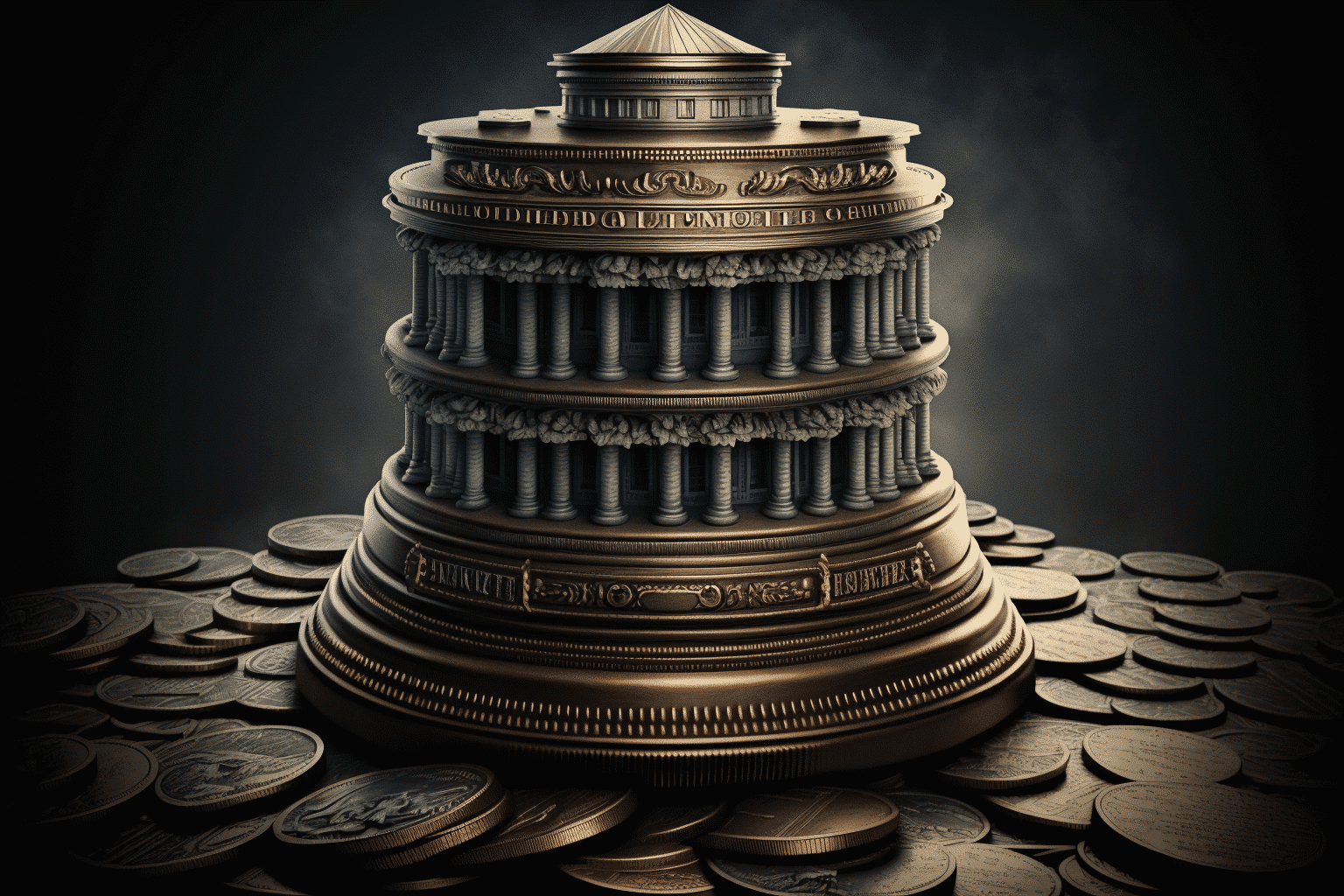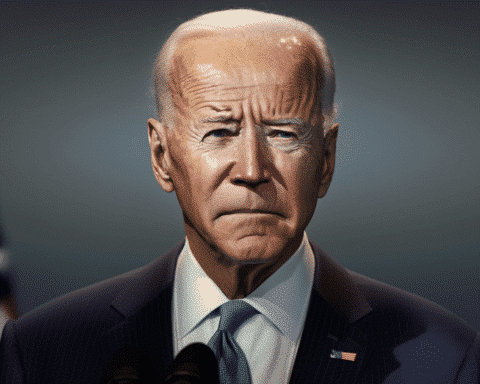The US government’s intervention in the collapse of two central banks has already involved hundreds of billions of dollars. This raises the question of whether ordinary Americans will eventually bear the financial burden and the final cost.
It may take months to understand the implications fully. The Biden administration has committed to guaranteeing uninsured deposits at both banks. Additionally, the Federal Reserve has introduced a new lending program for banks requiring funds to cover withdrawals.
On Thursday, the Fed revealed that banks had borrowed around $300 billion in emergency funding over the past week. Almost half of that sum went to pay depositors of the two failed banks’ holding companies. Although the Fed did not specify the number of other borrowing banks, it anticipates loan repayment.
The objective is to prevent widespread panic, leading to customers withdrawing so much money that even stable banks collapse. Such a situation would destabilize the financial system and put the economy at risk.
The failures of Silicon Valley Bank and Signature Bank are unlikely to have a direct impact on taxpayers. However, other banks may have to contribute to covering uninsured deposits. Over time, these banks could pass higher costs on to customers, increasing the cost of services for everyone.
The following questions and answers pertain to the expenses associated with the bank collapse:
HOW IS THE RESPONSE BEING FUNDED?
The Federal Deposit Insurance Corp. (FDIC) will likely cover most of the costs of guaranteeing all deposits at both banks by winding down the two banks—either by selling them to other financial institutions or auctioning off their assets.
If there are additional costs, the FDIC’s deposit insurance fund will cover them. This fund, maintained by participating banks’ fees, reimburses depositors up to $250,000 per account in case of bank failure.
Silicon Valley and Signature banks had a significantly high percentage of uninsured deposits. According to a joint statement by the FDIC, Fed, and Treasury, the insurance fund will be replenished if needed by a “special assessment” of banks. Although bank customers could ultimately bear the cost of that assessment, the exact amount is unclear.
The financial system is likely to undergo significant changes as a result of this episode, according to Columbia University law professor Kathryn Judge.
Regulations must be strengthened if the government guarantees all customer deposits to prevent bank failures or reduce costs. Banks may have to pay higher fees permanently to the FDIC.
As a result, we will need to rethink the entire regulatory framework for banks,” Judge said. There’s no comparison between those modest costs and those incurred by other banks.”
WILL TAXPAYERS BE LIABLE?
The crisis has prompted Joe Biden to insist that no taxpayer money will be used. White House officials are trying to avoid the impression that average Americans are “bailing out” the two banks, similar to the highly unpopular bailouts during the 2008 financial crisis.
“Silicon Valley Bank will not cause any losses to taxpayers,” Treasury, Federal Reserve, and FDIC said in a joint statement.
In response to tough questions from GOP lawmakers, Treasury Secretary Janet Yellen defended that view.
The Federal Reserve’s loan program is backed by $25 billion in taxpayer funds, which would cover any loan losses. However, the Fed believes this money is unlikely to be needed, as Treasury bonds and other safe securities will back the loans as collateral.
However, some economists argue that banks’ customers still benefit from government support even if taxpayers aren’t directly liable.
According to Anil Kashyap, an economics professor at the University of Chicago, saying the taxpayer will not pay anything ignores the fact that providing insurance to someone who never paid for it is a gift. “And that’s what happened.”

ARE WE GETTING A BAILOUT?
Washington Democrats such as Biden deny that they are bailing people out.
Senator Richard Blumenthal, a Democrat from Connecticut, said this week that the bill would not be a bailout. “It is, in effect, a safeguard for depositors and a preventative measure to prevent a run on other banks across the country.”
According to Biden, bank managers will be fired, and investors won’t be protected. It will be the end of both banks. AIG, an insurer that received government financial aid during the 2008 crisis, was saved from bankruptcy.
Many economists, however, argue that Silicon Valley Bank is still providing government assistance to depositors, including wealthy entrepreneurs and venture capitalists.
“Why is it sensible capitalism to take a risk and be protected from it when it goes wrong? A former head of India’s central bank and the University of Chicago professor of finance, Raghuram Rajan, asked. “You don’t have a widespread panic in the short run, so it’s probably good for the short term. … On the other hand, it poses a long-term problem for the system.”
Smaller community banks and their customers will bear some of the costs, according to many Republicans on Capitol Hill.
Senator James Lankford, a Republican from Oklahoma, said on the Senate floor that rural Oklahoma banks “will have to pay a special fee to bail out millionaires in San Francisco.”
WHAT ARE THE LONG-TERM IMPLICATIONS?
The long-term implications of this situation include reevaluating the bank regulatory framework and potential changes to the financial system. To protect all customer deposits, the government may need to strengthen regulations to prevent bank failures or mitigate their costs. Banks might face permanently higher fees to the FDIC, which could eventually be passed on to customers.
Additionally, the crisis could lead to increased scrutiny of bank practices and a push for more stringent regulation. Lawmakers may introduce new legislation aimed at preventing similar situations in the future.
Finally, this event may result in a shift in public perception regarding the role of the government in supporting financial institutions. Although the current administration denies that their actions amount to a bailout, the debate surrounding the issue could influence future policy decisions and public opinion on government involvement in the financial sector.
Overall, the long-term implications of the bank failures include regulation changes, increased scrutiny of bank practices, and shifts in public perception. Whether these factors ultimately impact the US financial system and the economy remains to be seen as the situation unfolds.




